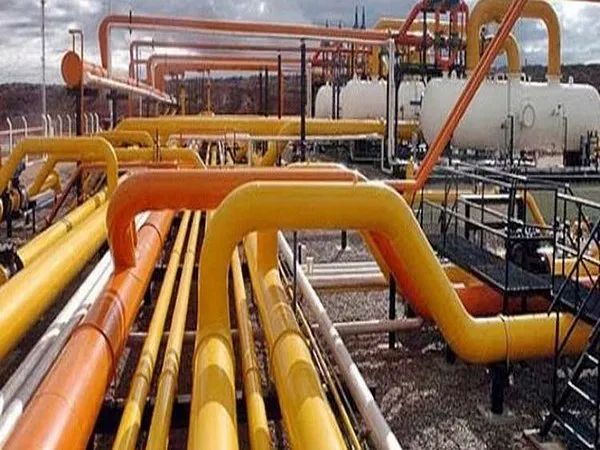Pakistan’s avoidance tactics have kept its gas pipeline project with Iran stagnant for a decade as the country has been blaming US sanctions for the lack of the project’s progress, media reports said.
Ideally, the project should be able to offer a cost-effective and reliable energy source for Pakistan however it has ended up in a halted project as the Pakistani section of the project pipeline remains under construction with the deadlines being postponed repeatedly.
Iran has been playing fair. It completed its section of the pipeline in 2011. However, Pakistan on the other hand, has been delaying various Iranian proposals over the years has been wavering. Most recently, Iran offered Pakistan USD 500 million to help with construction but Islamabad blamed US sanctions for the undone work, reported European Times.
The 2,775-kilometre gas pipeline worth $7.5 billion is aimed to deliver natural gas from Iran to Pakistan. The deal was signed in 2009 with the signing of an Inter-Governmental Framework Declaration and a Gas Sales and Purchase Agreement (GSPA).
Later in 2013, a ceremony was held in Iran. However, even after the passage of more than a decade, the project remains substantially delayed all thanks to Pakistan’s tactics.
In retaliation, Iran served two notices to Pakistan, first — a ‘Seller Termination’ notice and another under Sovereign Guarantee in February 2019. By this time, Pakistan knew that it was a red flag for Islamabad and therefore alarmed over possible implications in the form of penalties, the Pakistan government requested Iran for reconsideration on the matter.
But this time, even as Iran withdrew the two notices it was subjected to the extension of the limitation period till February 2024. Now, as the deadline of February 2024 is approaching, Pakistan has again started to look for ways to avoid the payment of possible penalties upon the expiration of the limitation period, reported European Times.
Iran with the help of diplomatic channels has been communication with Pakistan about the looming deadline. Even during Pakistan Foreign Minister Bilawal Bhutto Zardari’s recent visit to Iran, communication over the stalled project was made.
All along, Islamabad was found blaming the US imposed sanctions for lack of action and long delay in the project. While acknowledging the resumption of Iran-US negotiations for the revival of Joint Comprehensive Plan of Action (JCPOA), Pakistan maintains that there is no certainty about its final outcome.

